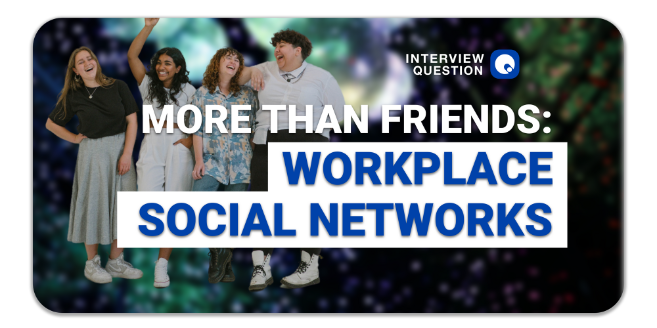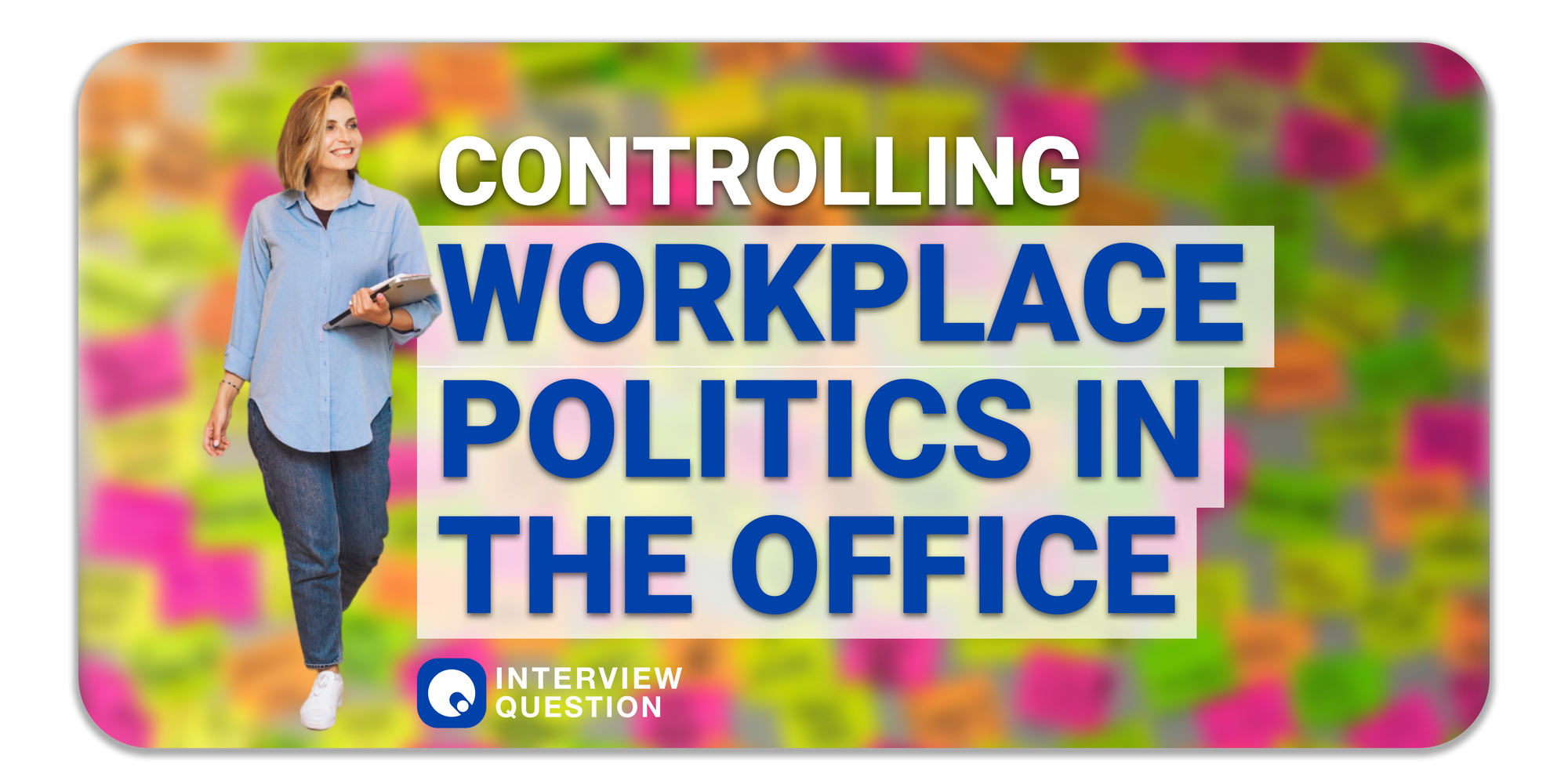More Than Friends: Why You Need Your Own Social Network
• Value of Large Social Groups at Work • More Allies Than Enemies • Eyes and Ears Everywhere • Happiest People are Connected • Counter Office Gossip and Win • Capture Attention You Want

A little community you can connect and just hearing from colleagues at work and sharing your own insights can make life more fun and interesting. Creating your own social group inside of your workplace is insanely rewarding but sometimes daunting. This article contains all of the tips and advice you need to create your own group, as well as some great ideas for where you could get started by connecting with your existing co-workers. Let's begin.

Value of Large Social Groups at Work
Social networks are great because they help employees develop relationships with people that otherwise they would never get the chance to interact with. By creating your own social network, you can allow coworkers to come together and share their thoughts.
Large workplace groups can be very valuable for those within them because they help everyone establish themselves, keep up with what's going on around the office, and even makes it easier to get promoted. But like any social network, these groups can be difficult to manage because you have so many different people all trying to contribute without stepping on each other's toes or being too confusing. It's important that everyone feels welcome in the group, but it can be hard for management and coworkers alike to make sure this happens. A little planning can help though.
Social groups not only help you become popular but make you feel included as well.


More Allies Than Enemies
You can make as many enemies at work as you can friends, but if you're able to establish a good network of allies within your workplace, then you'll have more people on your side than against you. These alliances are extremely important when it comes to getting your job done.
Symptomatic of this is "office tourism" - when employees go from cubicle to cubicle asking for advice or help on a project. These acts can become annoying if they are done too much, but they are still an important part of establishing workplace relationships.

Your Network is Your Eyes and Ears Everywhere
Your social network helps you stay aware of what's going on in the office. Not only can it help you to make friendships, but your social network can also serve as a powerful tool for gathering information. Employees often share their insights and secrets in these social groups because they know that their friends in the pack are trusted and they feel the need to offer to give up something valuable to remain in the group where everyone does the same - to contribute.
Plus, everyone in your social network will have different strengths, so you can use them to strengthen your workplace relationships.
It is far easier to be a leader when you have people supporting you. Your network is your support. You can take reference of leadership from the below resources.



The Happiest People are Connected
If you're working with people who are connected and happy, then there is a good chance that they will have the support they need to make sure that they exceed expectations and work towards a common goal. Workplace satisfaction can have a big impact on how well someone does their job, and allowing social groups to form and flourish is one of the easiest ways for employees to feel connected enough to enjoy their job and even love it. Some workers even resist resigning and transfers to other departments just so they can be near their friends at work.
You Can Compare Your Pay & See if You Were Paid Fairly
Comparing pay is a really gossipy thing to do at the office, but most of us enjoy it. We've been trained since when we were young in school, to compare grades, to laugh at failures, to cross-check the teacher's marking, and fighting for unfairness and bonus points.
The practice of comparing, being jealous and being selfish over the fear of missing out (a.k.a. being kiasu) extends to the workplace as well. Having friends and trusted colleagues really helps to make sure you were benchmarked fairly and you are holding to the good end of the stick and not just some short lousy driftwood.
Most of us use this as ammo to fire at our bosses so we get paid more and negotiate for a competitive rate.


Counter Office Gossip and Win
In the case when office gossip starts to get out of hand, as an individual, you can join in or ignore it as necessary. But in a group, friends don't let friends sit back and let others gossip about one of their own. Groups help individual employees protect their rights (like unions, but informal ones), and defend against nonsensical rumors. This will help stop the raving rumors from spreading and put an end to the type of work environment that leads to bullying and suppression.
Gossip is part of office politics. People usually play to win, or avoid it entirely.


Capture Attention You Want At Work
When you lead a large project or initiative that requires a lot of support, buy-in, your social group are the friends you desperately need to make it work. You need to be able to explain things, share information, and get people excited about your plan. Friends in the office help! Above all, a small group of people that you trust is crucial to lead the charge and get the job done.
Plus all of these tasks can be done in a more casual environment than in an office where it's just the work getting done. You can even find out who is up for play dates or coffee runs, which can make your job and personal life run much smoother - then use the time freed up to continue drumming up awareness for the projects you need doing.

